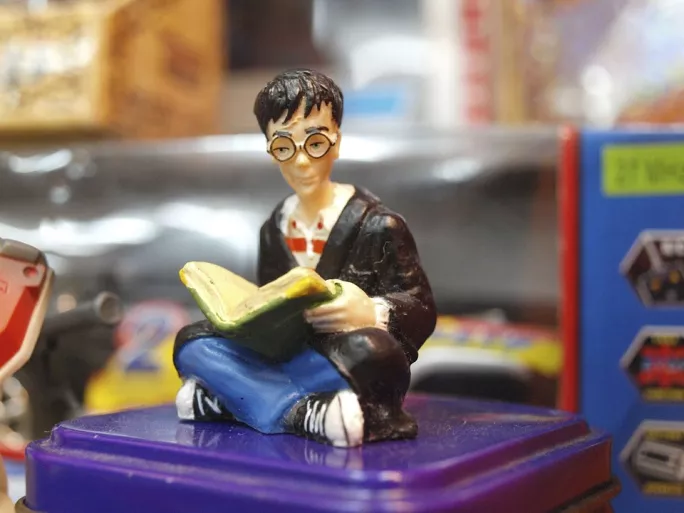Karen Sands O’Connor is worried. Despite the efforts of campaigners, black and minority ethnic (BME) characters are still woefully underrepresented in children’s literature.
The most recent Reflecting Realities survey, conducted by the Centre for Literacy in Primary Education (CLPE), found that of the around 9,000 children’s books published in 2017, only 4 per cent featured a BME character.
“That statistic is bad enough in itself, but the statistic that bothers me more is that there are 32 per cent of British schoolchildren who come from a minority ethnic background. And yet there’s only 1 per cent of children’s books being published that have minority ethnic main characters,” O’Connor says.
“So they’re not seeing themselves reflected in children’s books and also their peers of other racial groups are not seeing the world as it is in children’s books.”
Quick read: Eight alternative ways to celebrate World Book Day
Quick listen: Understanding race in education – a guide for teachers
Want to know more? Why diversity should start at story time
Speaking on this week’s episode of the Tes Podagogy podcast, O’Connor, who is a professor of English at Buffalo State College, explains that children who do not see themselves reflected in literature are unlikely to be able to get the same kind of pleasure from reading as those children who do see themselves represented.
Lack of diversity
“You wouldn’t feel as at home in the area of books as someone who sees themselves reflected, sees themselves as heroes, sees themselves as decision-makers in literature,” she says.
This can go on to have a long-term impact that shouldn’t be ignored, affecting the type of jobs that people eventually go into and where they see their role in wider society.
“It starts out small. You just feel like you don’t belong in books, but then you begin to feel that you don’t belong in society,” O’Connor explains.
What can teachers do to help address these issues? In the podcast, O’Connor outlines her advice for how to diversify the texts that you use in the classroom and how to teach children to approach classic works of literature with a critical eye.
Making World Book Day inclusive
Children’s book events, such as World Book Day, can likewise provide a good opportunity to address some of these issues, O’Connor suggests. But it can also be problematic.
“[Often] World Book Day is used as a dress-up day – dress as your favourite character – and that’s been an issue for a lot of people of colour, because if you’re going to dress as Harry Potter, who is a popular character to dress up as, do you feel that you can own that character? Or are there characters that you could dress up as that other people in your class would recognise? Do you have to explain yourself all the time? Because explaining yourself all the time is another thing that a lot of people of colour have to do. And even when you know that people are well-intentioned towards you, it is exhausting to have to explain yourself all the time,” she explains.
Does O’Connor have any ideas for how to make all children feel more included? She suggests moving away from the dress-up element of World Book Day and towards celebrations that are “more welcoming to everyone in the classroom”.
“It might be about bringing in your favourite book, rather than dressing up as your favourite character. It might be about doing something else that allows children to see different folk tales from around the world, different folk tales that belong to the British society.
“So I think there are ways to make it a positive experience and I hope that everybody does,” she says.
Listen for more…
You can listen via your podcast platform or Spotify – just type in "Tes - The education podcast". You can also listen via the player below:
Further reading





